Home>Furniture & Design>Bathroom Accessories>How To Tell Which Toilet Seat I Need
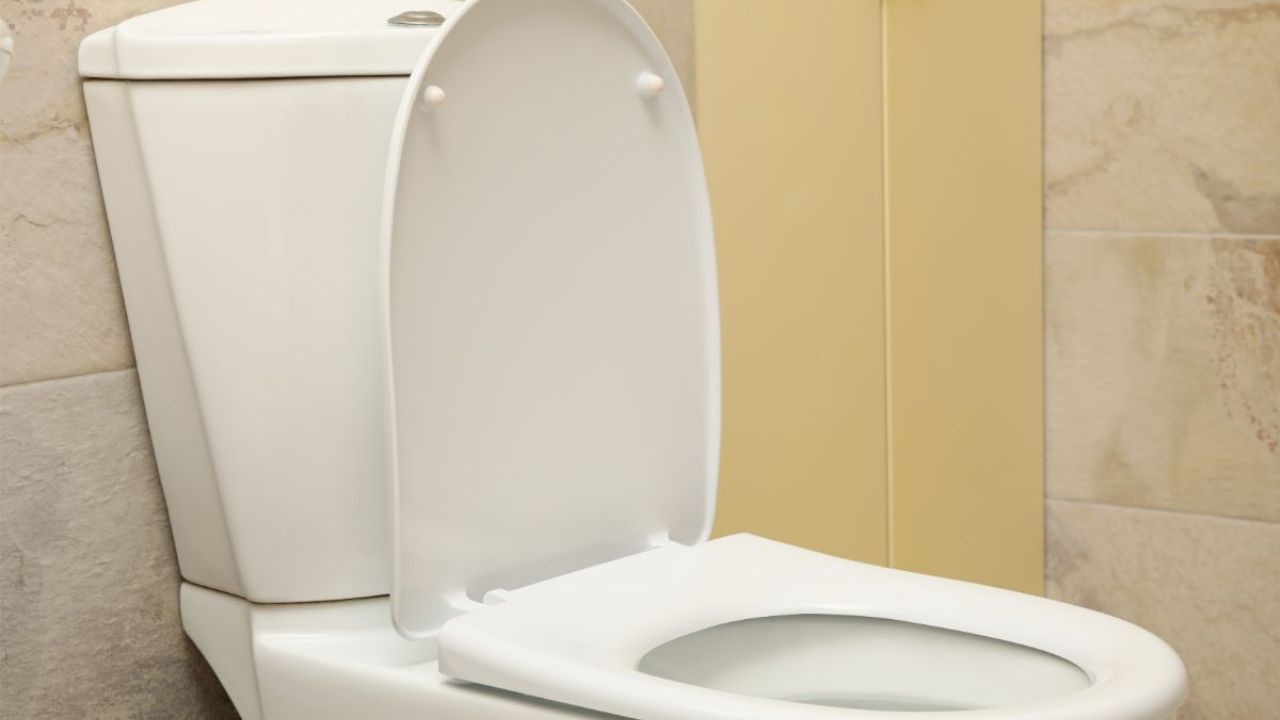

Bathroom Accessories
How To Tell Which Toilet Seat I Need
Modified: November 2, 2024
Find the perfect toilet seat for your bathroom with our comprehensive guide. Learn how to choose the right size and style for your needs. Shop now for bathroom accessories!
(Many of the links in this article redirect to a specific reviewed product. Your purchase of these products through affiliate links helps to generate commission for Storables.com, at no extra cost. Learn more)
Introduction
Choosing the right toilet seat may seem like a simple task, but with the variety of options available, it can quickly become overwhelming. Whether you are replacing an old seat or selecting one for a new toilet, understanding the key factors that determine the right fit is essential. From standard vs. elongated toilet seats to round vs. D-shaped designs, and from hinge types to material options, there are several considerations to keep in mind.
The toilet seat is not only a functional component of the bathroom but also a design element that can enhance the overall aesthetic. It serves as a vital part of the toilet, providing comfort, support, and stability. Understanding the nuances of toilet seat selection can help ensure that you make the right choice for your specific needs and preferences.
In this comprehensive guide, we will delve into the various aspects of selecting the perfect toilet seat. By exploring the differences between standard and elongated toilet seats, understanding the distinctions between round and D-shaped designs, and learning how to measure your toilet bowl accurately, you will gain valuable insights into making an informed decision. Additionally, we will discuss the different hinge types and material options available, providing you with a well-rounded understanding of the factors that contribute to the ideal toilet seat selection.
Whether you are a homeowner embarking on a bathroom renovation project or a professional in the plumbing and interior design industry, this guide aims to equip you with the knowledge needed to navigate the diverse array of toilet seat options. By the end of this article, you will be empowered to confidently select the perfect toilet seat that not only fits your toilet bowl flawlessly but also complements your bathroom decor seamlessly. Let's embark on this insightful journey to unravel the intricacies of choosing the right toilet seat for your space.
Key Takeaways:
- Choose the right toilet seat by considering the shape and size of your toilet bowl, hinge types, and material options. Understanding these factors ensures a comfortable and stylish fit for your bathroom.
- Accurately measure your toilet bowl to select a toilet seat that fits perfectly. Consider the shape, length, width, bolt spread, and seat height for optimal comfort and functionality.
Read more: How To Tell Toilet Seat Size
Standard vs. Elongated Toilet Seats
When it comes to toilet seats, one of the primary considerations is the shape of the toilet bowl. The two most common shapes are standard and elongated. Understanding the differences between these two options is crucial in selecting the right toilet seat for your bathroom.
Standard Toilet Seats:
- Standard toilet seats are typically found in older homes and are characterized by a round bowl shape. These seats are compact and are a good fit for smaller bathrooms or powder rooms where space is limited.
- The dimensions of a standard toilet seat are approximately 16.5 inches in length, making them an ideal choice for bathrooms with space constraints.
- Standard toilet seats are known for their classic and traditional appearance, making them a popular choice for homeowners seeking a timeless look for their bathrooms.
Elongated Toilet Seats:
- Elongated toilet seats are designed to fit elongated or oval-shaped toilet bowls, which are becoming increasingly common in modern bathrooms.
- These seats offer a more spacious and comfortable seating area, making them a preferred choice for many homeowners. The elongated shape provides additional support and comfort, especially for individuals with larger body frames.
- The dimensions of an elongated toilet seat are approximately 18.5 inches in length, offering a more extended and ergonomic design compared to standard seats.
When deciding between a standard and elongated toilet seat, it is essential to consider the dimensions of your toilet bowl and the available space in your bathroom. While standard seats are suitable for compact bathrooms, elongated seats provide enhanced comfort and a contemporary aesthetic for larger bathrooms.
Understanding the distinction between standard and elongated toilet seats is the first step in narrowing down your options. By considering the size of your bathroom, the existing toilet bowl shape, and your personal preferences for comfort and style, you can make an informed decision that aligns with your specific needs and enhances the overall functionality and visual appeal of your bathroom.
Round vs. D-Shaped Toilet Seats
When it comes to selecting a toilet seat, the shape of the toilet bowl plays a significant role in determining the right fit for your bathroom. Two common variations in toilet seat shapes are round and D-shaped. Understanding the differences between these options is crucial in making an informed decision that aligns with your specific requirements and preferences.
Round Toilet Seats:
- Round toilet seats are characterized by their circular shape, making them a suitable choice for compact bathrooms and powder rooms. The dimensions of a round toilet seat typically measure around 16.5 inches in length, providing a space-efficient solution for smaller bathroom spaces.
- These seats offer a classic and traditional appearance, making them a popular choice for homeowners seeking a timeless and understated design for their bathrooms. The compact nature of round toilet seats also makes them a practical option for bathrooms with limited space.
D-Shaped Toilet Seats:
- D-shaped toilet seats are designed to fit toilet bowls with a distinctive elongated shape that resembles the letter "D." These seats provide a more ergonomic and contemporary design compared to round seats, offering a sleek and modern aesthetic for the bathroom.
- The dimensions of a D-shaped toilet seat typically measure around 18.5 inches in length, providing a more extended and streamlined seating area. This design offers enhanced comfort and support, making it a preferred choice for individuals seeking a more spacious and ergonomic toilet seat option.
When deciding between round and D-shaped toilet seats, it is essential to consider the shape and dimensions of your toilet bowl, as well as the available space in your bathroom. Round seats are ideal for compact bathrooms and are well-suited for traditional design preferences, while D-shaped seats offer a more modern and ergonomic solution for larger bathrooms.
Understanding the distinction between round and D-shaped toilet seats allows you to make a well-informed decision based on the specific requirements of your bathroom space and your personal preferences for comfort and style. By carefully evaluating the shape of your toilet bowl and considering the visual and functional aspects of each option, you can select the perfect toilet seat that seamlessly integrates with your bathroom decor and enhances the overall comfort and usability of your space.
Measuring Your Toilet Bowl
Accurately measuring your toilet bowl is a crucial step in selecting the right toilet seat that fits perfectly and complements the overall aesthetic of your bathroom. By following a few simple steps, you can ensure that the dimensions of the toilet seat align seamlessly with the shape and size of your toilet bowl.
Step 1: Determine the Shape
Begin by identifying whether your toilet bowl is round or elongated. This distinction will significantly impact the type of toilet seat that is compatible with your toilet. Measure the bowl from the front center to the area between the hinge post-holes at the back to determine its shape accurately.
Read more: How Do I Measure Toilet Seat
Step 2: Measure the Length and Width
For round toilet bowls, measure the length from the center front of the bowl to the area between the hinge post-holes at the back. This measurement will typically be around 16.5 inches. For elongated toilet bowls, measure the length in the same manner, but expect a measurement of approximately 18.5 inches.
Step 3: Assess the Bolt Spread
The bolt spread refers to the distance between the centers of the two bolt holes at the back of the toilet bowl. This measurement is crucial in ensuring that the toilet seat's hinges align perfectly with the bolt holes. Standard bolt spreads are typically around 5.5 inches, but it is essential to verify this measurement for accuracy.
Step 4: Consider the Seat Height
In addition to the dimensions of the toilet bowl, consider the seat height to ensure optimal comfort and usability. The seat height should provide adequate support and align with the rim of the toilet bowl for a seamless and ergonomic fit.
Step 5: Verify the Measurements
Once you have obtained the measurements, it is advisable to verify them to ensure accuracy. Double-checking the dimensions will help prevent any discrepancies and ensure that the selected toilet seat aligns perfectly with your toilet bowl.
By meticulously measuring your toilet bowl and considering the shape, length, width, bolt spread, and seat height, you can confidently select a toilet seat that not only fits flawlessly but also enhances the overall functionality and visual appeal of your bathroom. Taking the time to measure your toilet bowl accurately is a crucial step in the process of choosing the perfect toilet seat, and it ensures that the selected seat seamlessly integrates with your bathroom decor while providing optimal comfort and support.
Read more: Which Seat Is The Window Seat In Flight
Hinge Types
The hinges of a toilet seat play a significant role in its functionality, durability, and ease of maintenance. Understanding the different hinge types available can help you make an informed decision when selecting a toilet seat for your bathroom. There are several hinge variations, each offering unique features and benefits that cater to specific preferences and requirements.
Traditional Hinges
Traditional hinges, also known as standard hinges, are a classic and widely used option for toilet seats. These hinges consist of two separate metal arms that are attached to the toilet bowl and the seat, allowing the seat to be lifted for cleaning and maintenance. Traditional hinges are known for their simplicity and ease of installation, making them a popular choice for many homeowners.
Soft-Close Hinges
Soft-close hinges are designed to prevent the toilet seat from slamming shut. These hinges feature a hydraulic mechanism that controls the closing motion, ensuring a gentle and quiet descent. The soft-close feature not only minimizes noise but also prevents wear and tear on the seat and the toilet bowl, enhancing the longevity of both components. This type of hinge is particularly beneficial for households with children, as it reduces the risk of accidental finger injuries and provides a more peaceful bathroom environment.
Quick-Release Hinges
Quick-release hinges are engineered for effortless cleaning and maintenance. These hinges allow the toilet seat to be easily removed from the toilet bowl with a simple push-button or quick-release mechanism. This feature facilitates thorough cleaning of the seat and the areas around the hinges, eliminating hard-to-reach spots where dirt and bacteria can accumulate. Quick-release hinges are a convenient option for maintaining optimal hygiene in the bathroom and streamlining the cleaning process.
Read more: How To Tell If A Toilet Is Leaking
Adjustable Hinges
Adjustable hinges offer flexibility in positioning the toilet seat to accommodate different toilet bowl shapes and sizes. These hinges allow for minor adjustments in the alignment and positioning of the seat, ensuring a precise fit and optimal stability. Adjustable hinges are particularly useful for toilets with non-standard dimensions or unique bowl shapes, providing a customizable solution for achieving a secure and tailored fit.
No-Slam Hinges
No-slam hinges, similar to soft-close hinges, are designed to prevent the toilet seat from slamming shut. However, no-slam hinges utilize a different mechanism, such as a dampening system, to control the closing motion and ensure a gentle and controlled descent. This type of hinge offers the same benefits as soft-close hinges, providing a quieter and safer experience while minimizing wear and tear on the seat and the toilet bowl.
When considering the hinge type for your toilet seat, it is essential to evaluate your specific needs and preferences. Whether you prioritize noise reduction, ease of cleaning, flexibility in positioning, or a combination of these factors, understanding the characteristics of each hinge type can guide you in selecting the ideal option for your bathroom. By considering the functionality, durability, and maintenance aspects of different hinge types, you can choose a toilet seat that not only complements your bathroom decor but also enhances the overall user experience and convenience.
Material Options
The material of a toilet seat plays a significant role in its durability, maintenance requirements, and overall aesthetic appeal. When selecting a toilet seat, considering the material options available is essential in ensuring that the chosen seat aligns with your specific preferences and functional needs.
Wood
Wooden toilet seats are a popular choice for many homeowners due to their timeless appeal and natural warmth. They are available in various wood types, such as oak, maple, and bamboo, each offering unique grain patterns and finishes. Wood seats add a touch of elegance to the bathroom and are often preferred for their classic and traditional look. However, it is important to note that wooden seats require regular maintenance to prevent warping, cracking, and discoloration, making them more high-maintenance compared to other materials.
Read more: How To Disinfect Toilet Seat
Plastic
Plastic toilet seats are known for their affordability, lightweight construction, and ease of cleaning. They are available in a wide range of colors and designs, making them a versatile option for coordinating with different bathroom decor styles. Plastic seats are resistant to moisture and are relatively low-maintenance, making them a practical choice for households seeking a durable and cost-effective solution.
Resin
Resin toilet seats offer a blend of durability and aesthetic versatility. They are crafted from a composite material that can mimic the look of natural materials such as stone or wood, providing a stylish and sophisticated appearance. Resin seats are resistant to chipping, fading, and staining, making them a long-lasting and low-maintenance option for modern bathrooms.
Soft-Close
Soft-close toilet seats, often made of plastic or resin, feature a specialized hinge mechanism that controls the closing motion, preventing the seat from slamming shut. This feature not only enhances safety by minimizing the risk of finger injuries but also contributes to a quieter and more peaceful bathroom environment. Soft-close seats are available in various colors and finishes, offering a combination of functionality and contemporary design.
Bamboo
Bamboo toilet seats are an eco-friendly and sustainable option for environmentally conscious consumers. They are crafted from natural bamboo, providing a renewable and biodegradable alternative to traditional materials. Bamboo seats offer a unique and organic aesthetic, adding a touch of natural beauty to the bathroom while contributing to sustainable living practices.
By considering the characteristics and maintenance requirements of different material options, you can select a toilet seat that not only complements your bathroom decor but also aligns with your preferences for durability, aesthetics, and environmental impact. Whether you prioritize classic elegance, modern functionality, or eco-conscious choices, understanding the diverse material options available can guide you in making an informed decision that enhances the overall comfort and visual appeal of your bathroom.
Read more: How To Paint A Toilet Seat
Conclusion
In conclusion, selecting the perfect toilet seat involves a thoughtful consideration of various factors, including the shape and dimensions of the toilet bowl, hinge types, and material options. By understanding the distinctions between standard and elongated toilet seats, as well as round and D-shaped designs, homeowners and professionals in the plumbing and interior design industry can make informed decisions that align with specific space requirements and design preferences.
Measuring the toilet bowl accurately is a crucial step in ensuring that the chosen toilet seat fits seamlessly and enhances the overall functionality and visual appeal of the bathroom. By carefully assessing the shape, length, width, bolt spread, and seat height, individuals can confidently select a toilet seat that not only provides optimal comfort and support but also complements the existing bathroom decor.
The hinge type of the toilet seat plays a significant role in its functionality, durability, and maintenance requirements. Whether opting for traditional hinges, soft-close hinges, quick-release hinges, adjustable hinges, or no-slam hinges, understanding the unique features of each type allows for a tailored selection that caters to specific preferences for noise reduction, ease of cleaning, and flexibility in positioning.
Material options, including wood, plastic, resin, soft-close, and bamboo, offer diverse choices for homeowners seeking durability, aesthetic versatility, and environmental consciousness. By considering the characteristics and maintenance requirements of each material, individuals can select a toilet seat that not only complements their bathroom decor but also aligns with their preferences for durability, aesthetics, and sustainable living practices.
In essence, the process of choosing the right toilet seat is a blend of functionality, design aesthetics, and personal preferences. By delving into the nuances of toilet seat selection, individuals can transform their bathrooms into spaces that not only offer comfort and practicality but also reflect their unique style and values. With a comprehensive understanding of the key considerations, selecting the perfect toilet seat becomes an empowering and enjoyable endeavor, resulting in a harmonious integration of form and function within the bathroom environment.
Frequently Asked Questions about How To Tell Which Toilet Seat I Need
Was this page helpful?
At Storables.com, we guarantee accurate and reliable information. Our content, validated by Expert Board Contributors, is crafted following stringent Editorial Policies. We're committed to providing you with well-researched, expert-backed insights for all your informational needs.
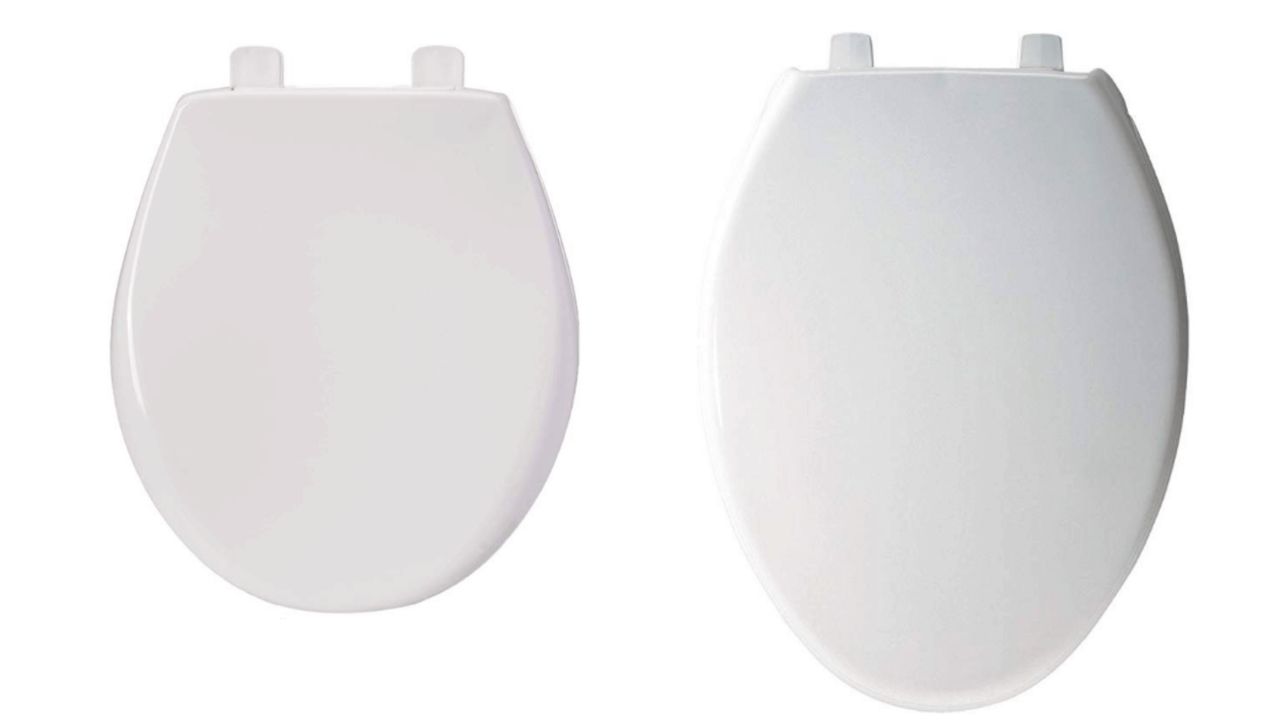

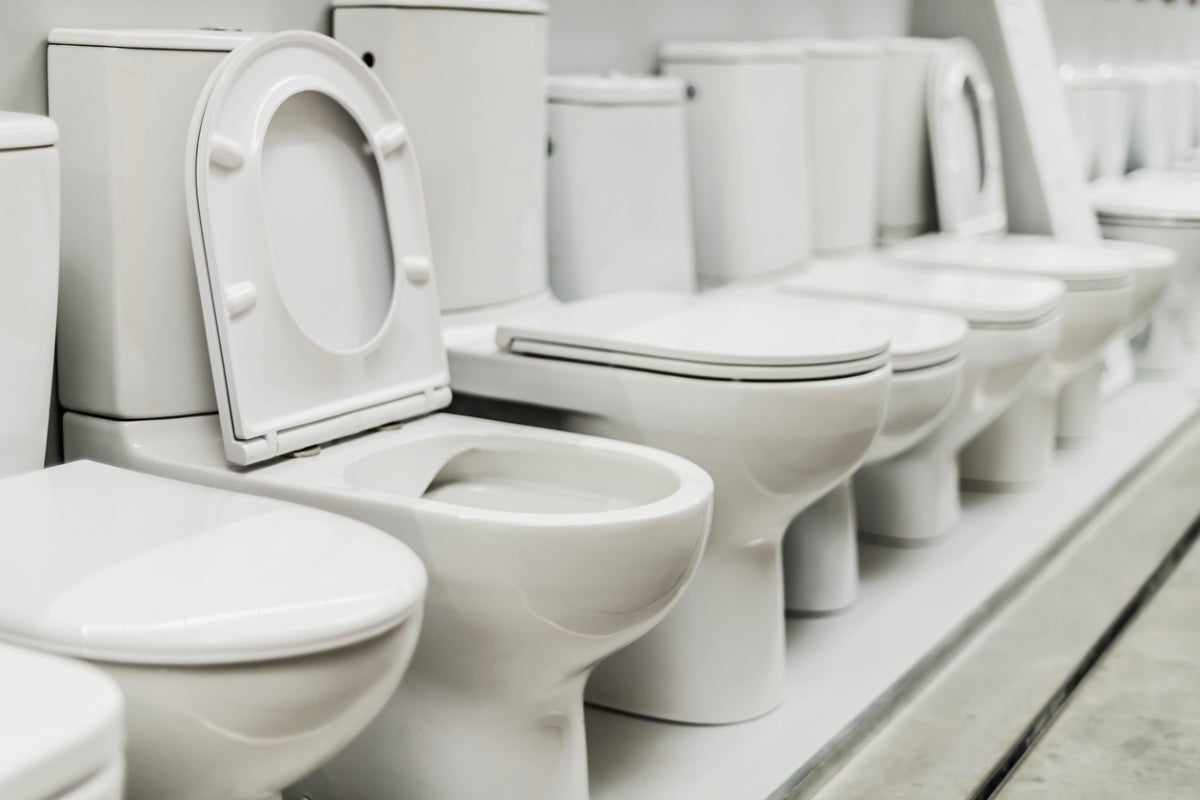
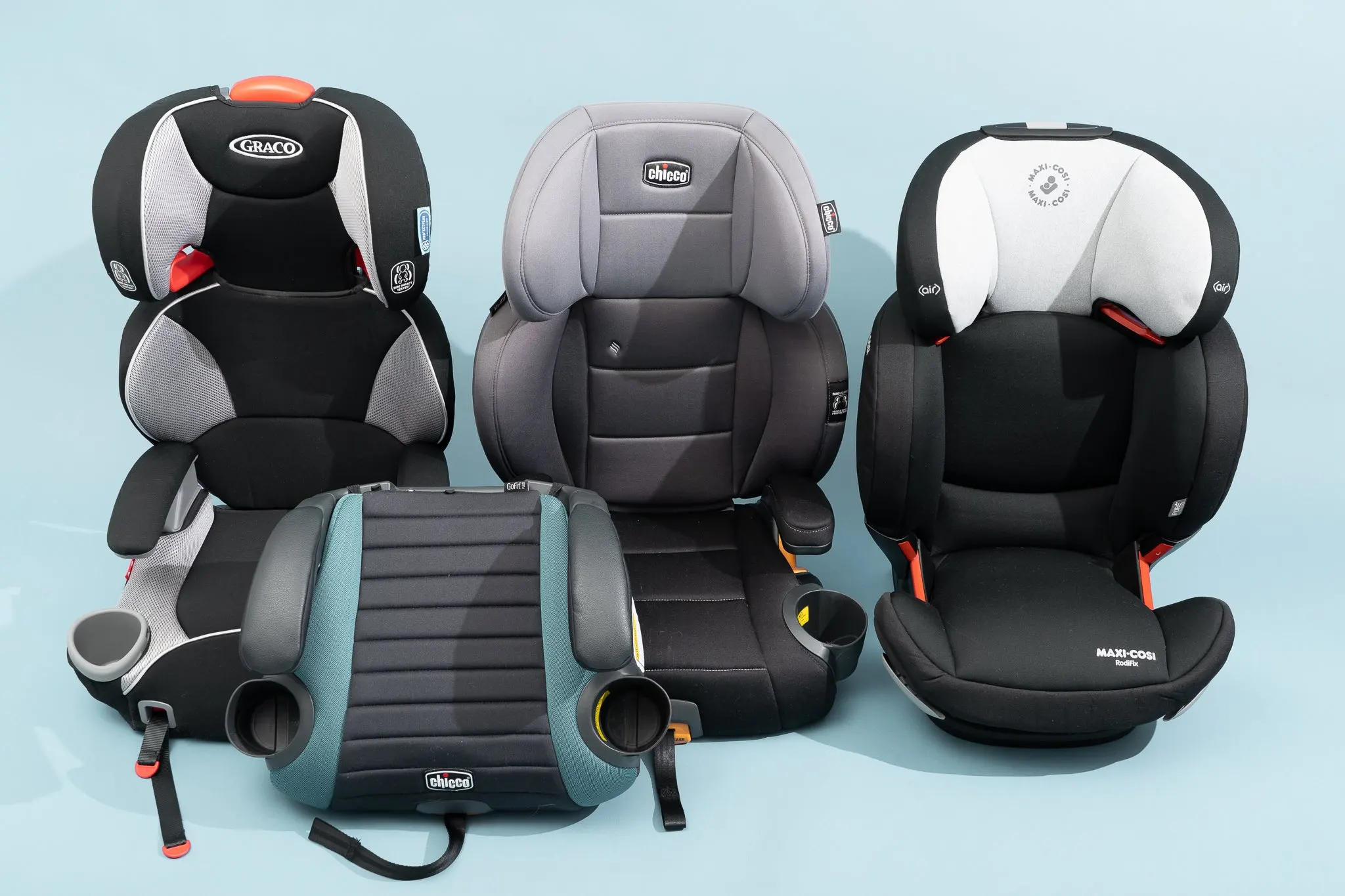
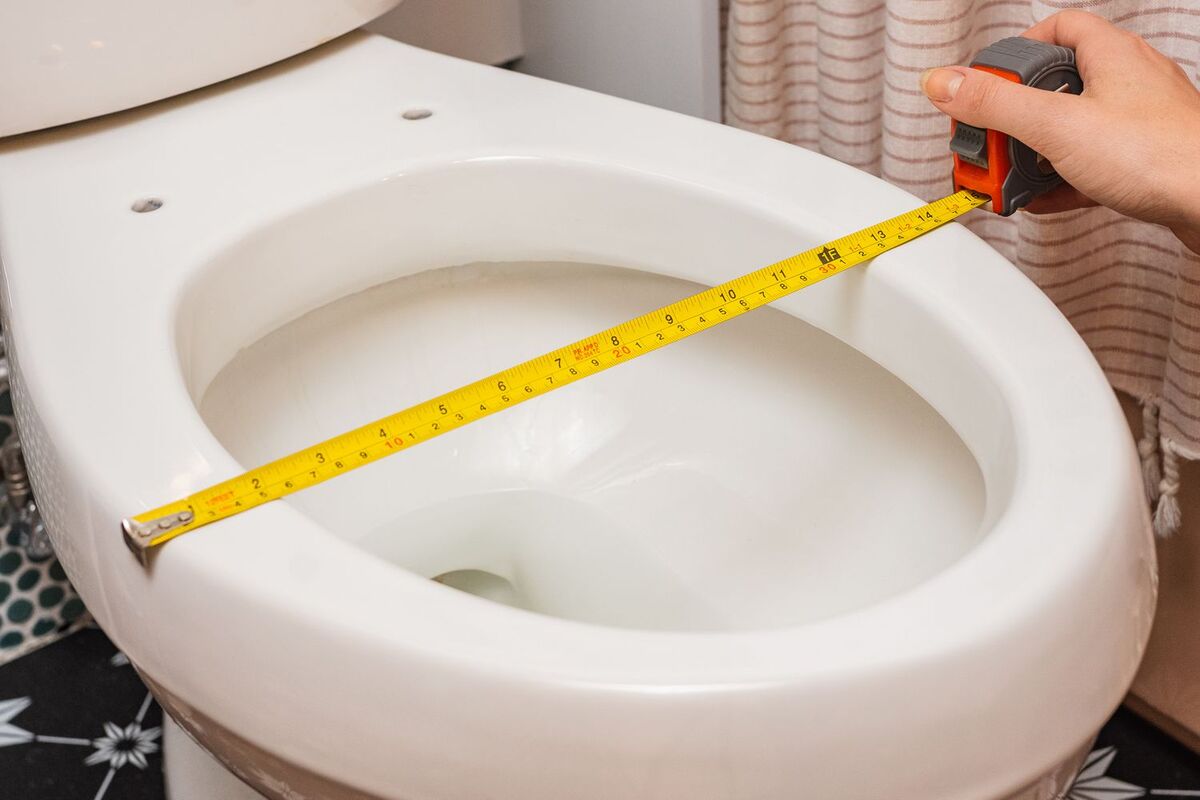
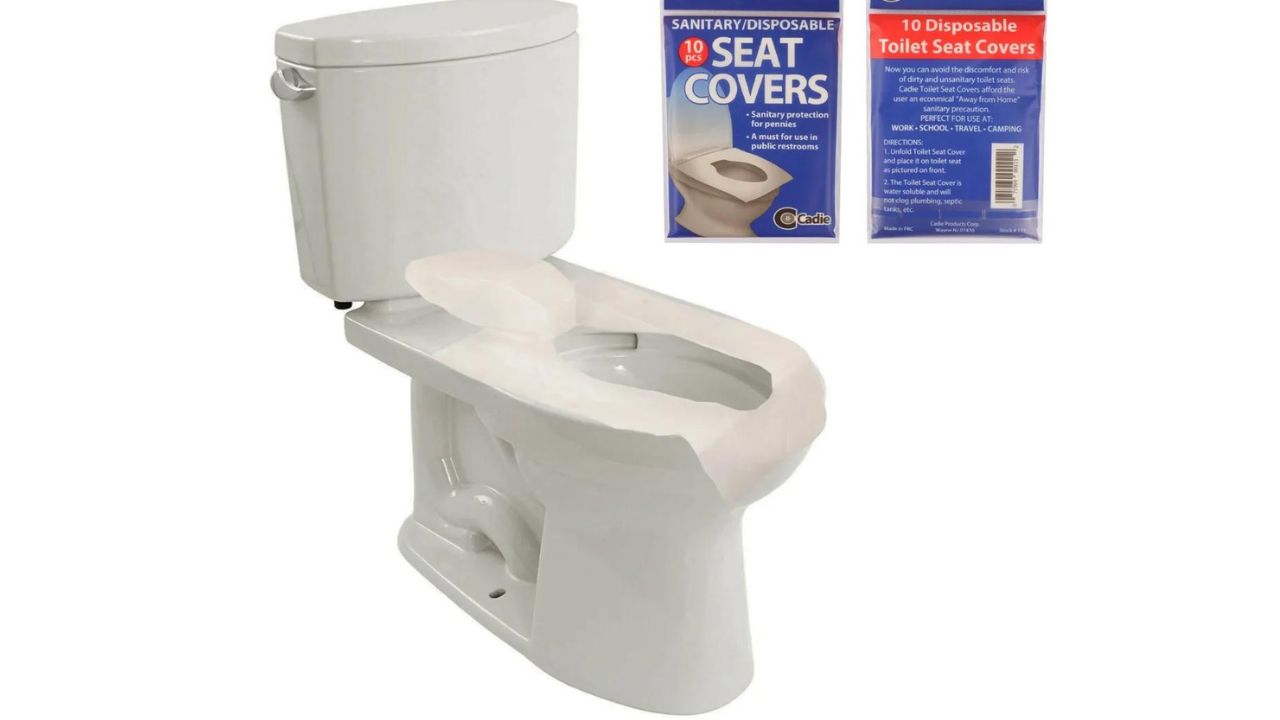
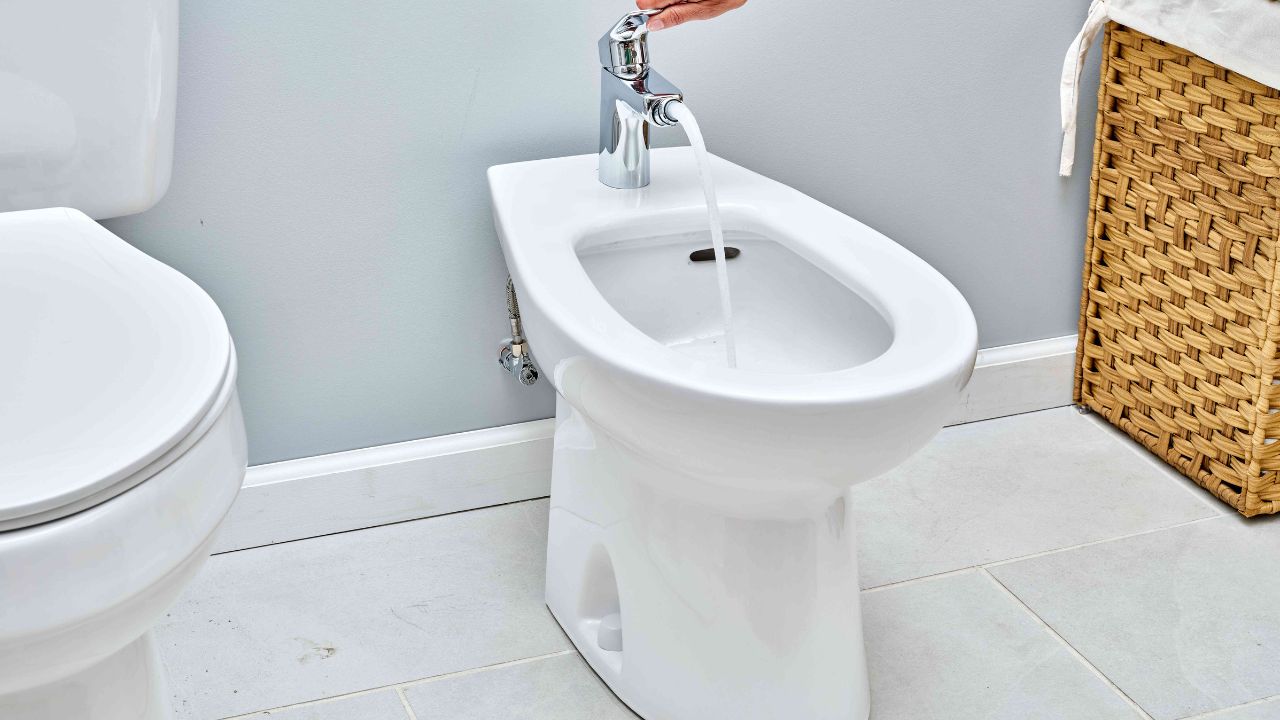
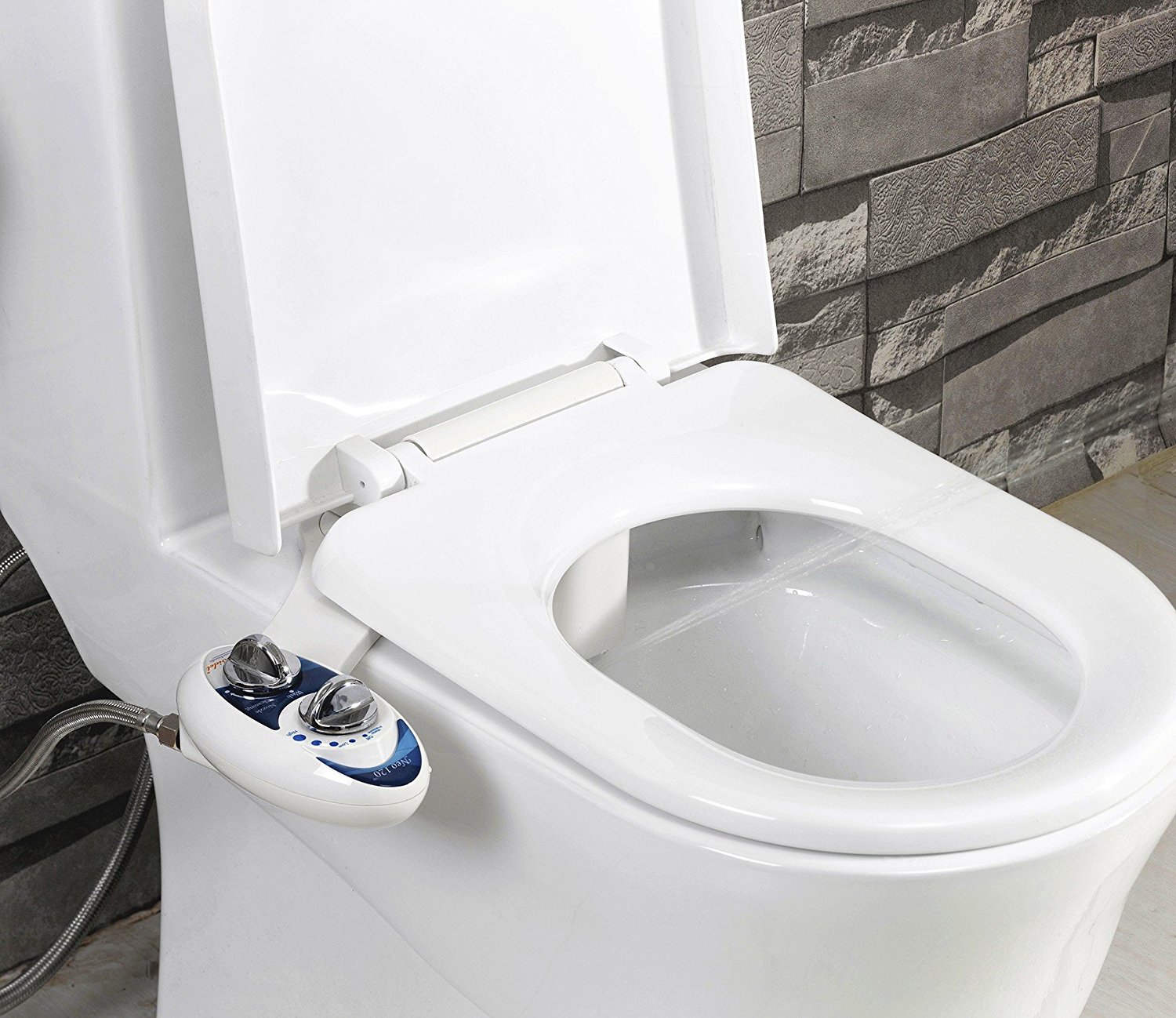
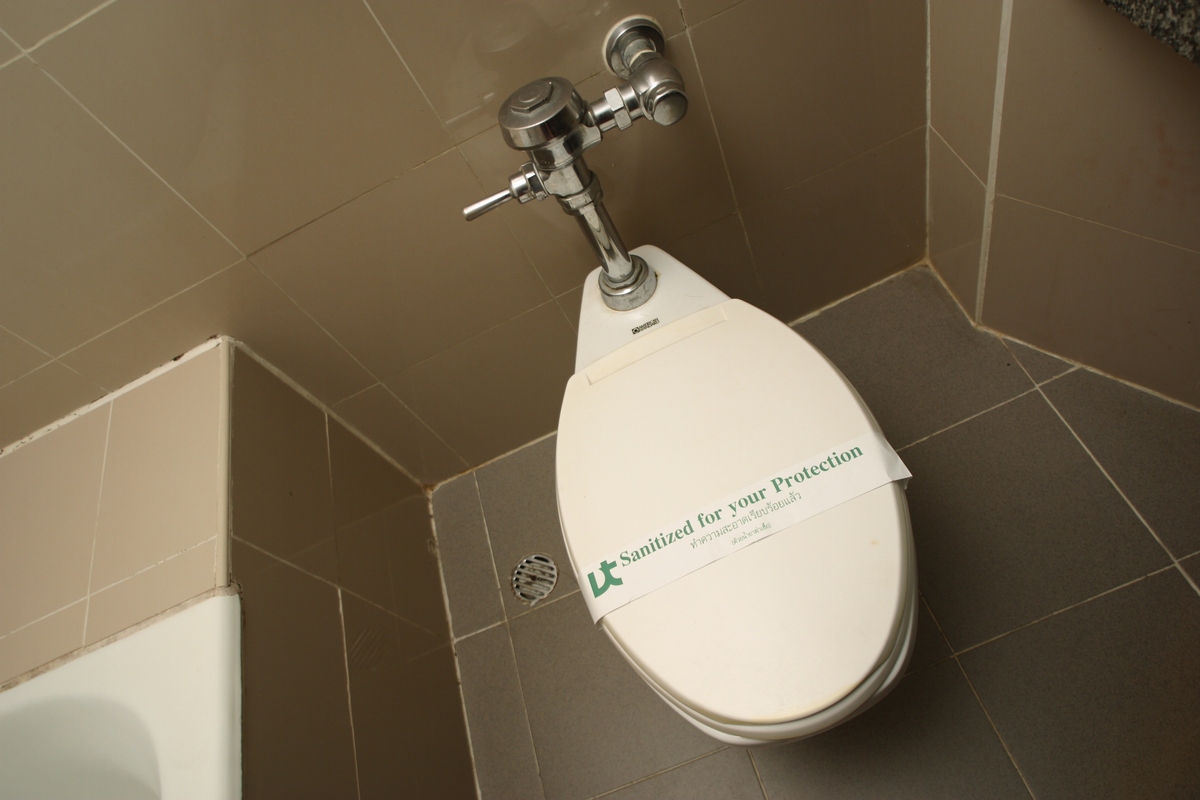
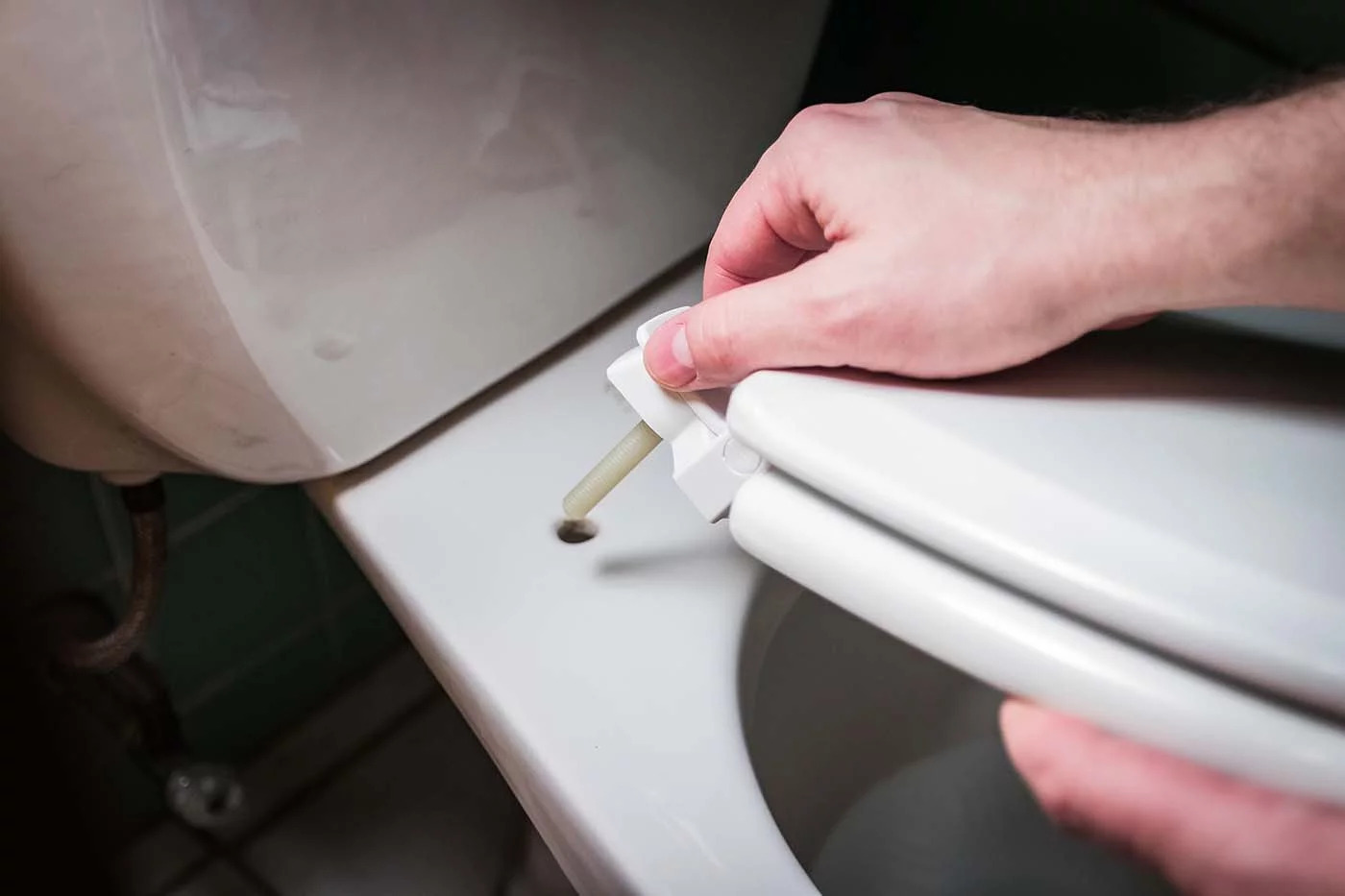

0 thoughts on “How To Tell Which Toilet Seat I Need”